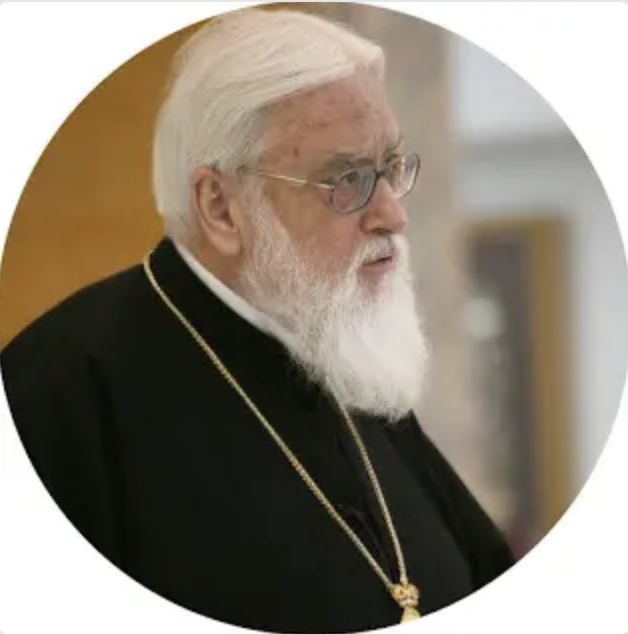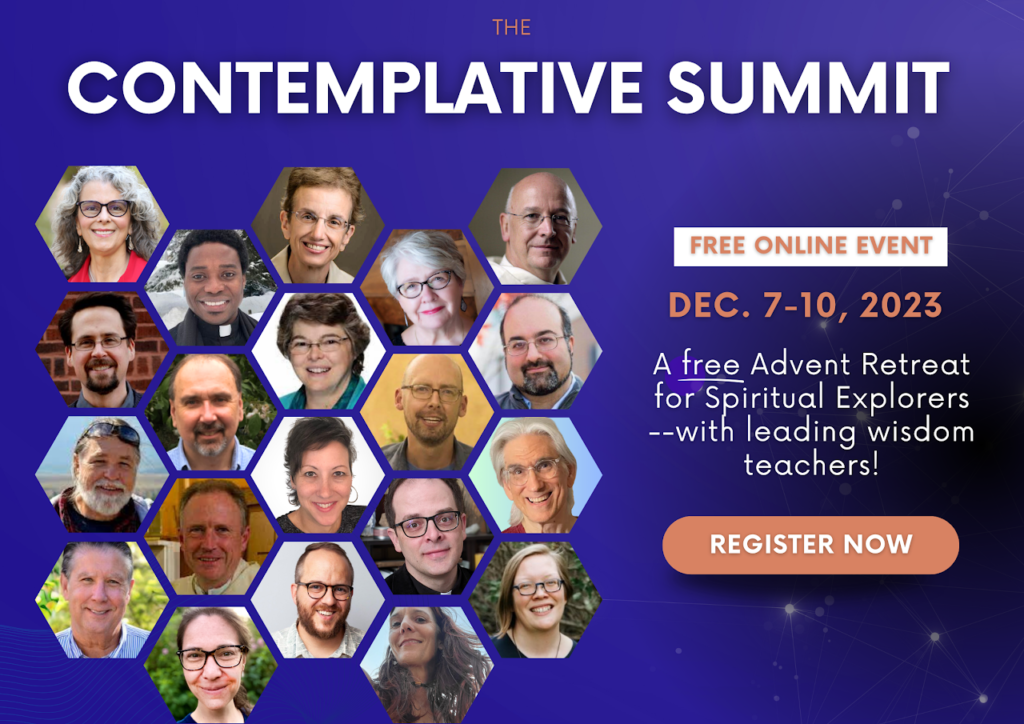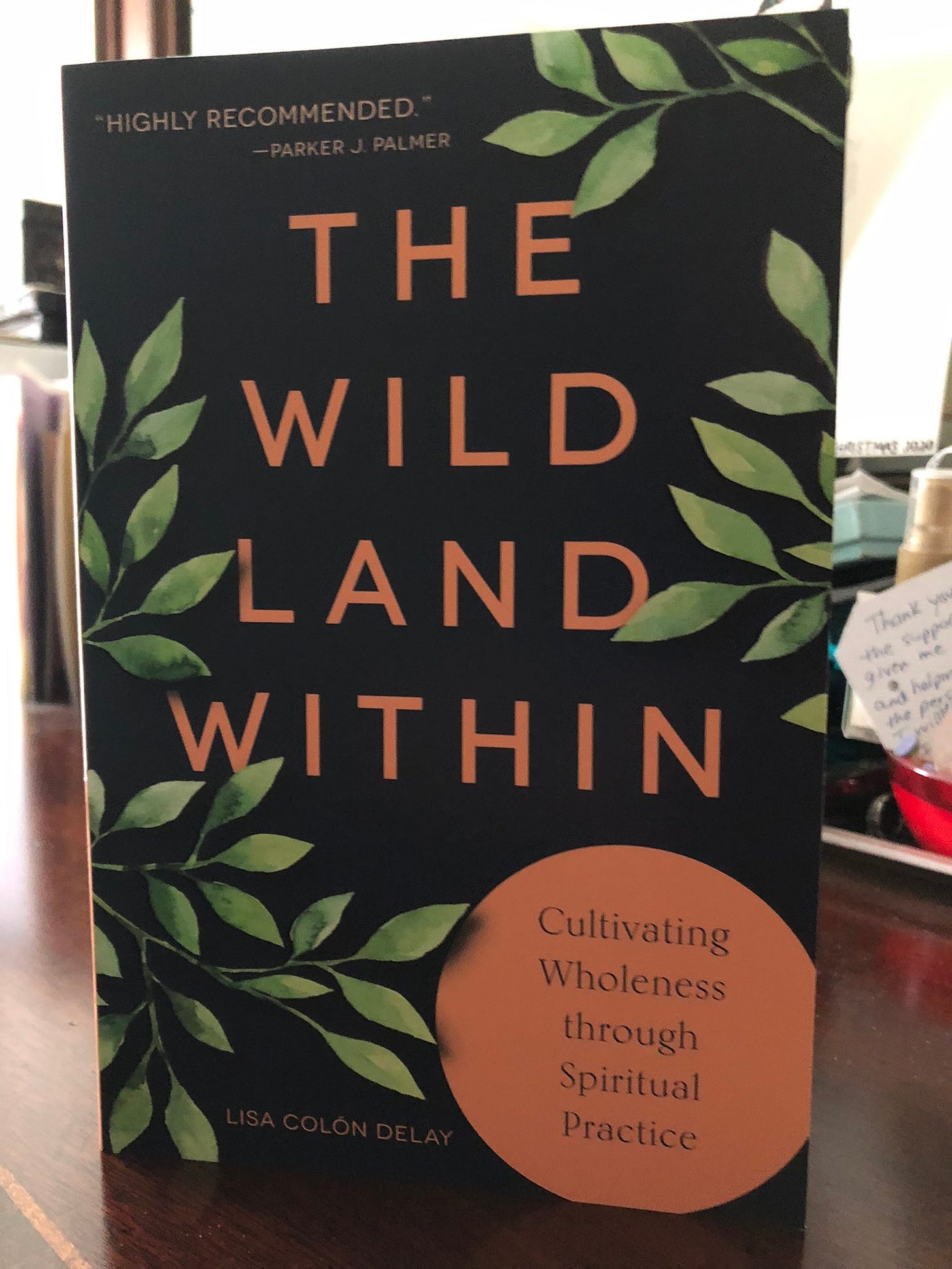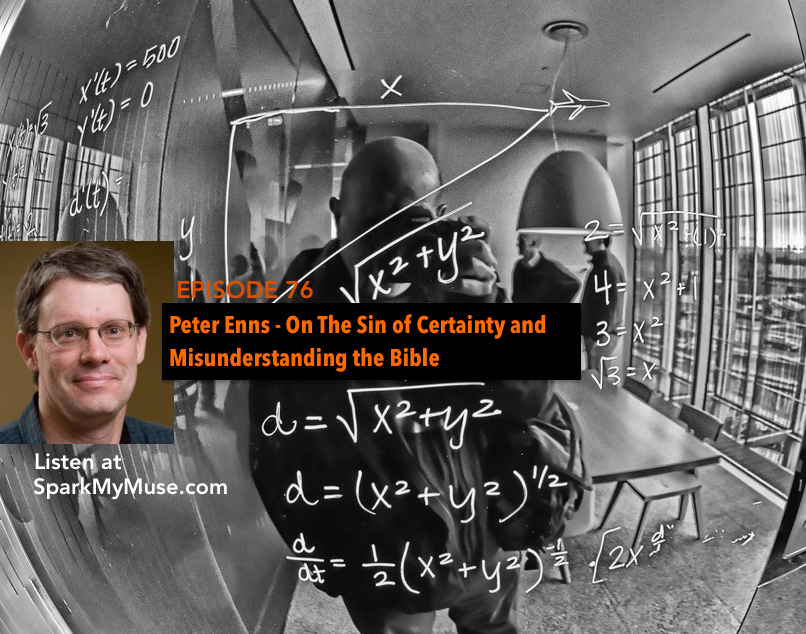One of the most influential people to bring the gifts of Eastern Orthodox Christianity into the view of the English speaking and Evangelical world is the topic today: Reverend and Bishop Kallistos Ware

Podcast: Play in new window | Download (Duration: 13:01 — 17.9MB) | Embed
Subscribe to Spark My Muse Apple Podcasts | Spotify | Email | TuneIn | RSS | Subscribe to Spark My Muse
At the companion page you can get much more. https://sparkmymuse.substack.com/publish/post/139741042
(and you can be a Patron supporter by going here: https://www.patreon.com/posts/94574059)
Did you miss the Summit?

I spoke December 10th at 1pm PST!
This fantastic 4-Day Event was free. If you hurry you may get to watch the replays for free. Click the Summit image to link to the registration page and find out more.


The Wild Land Within makes a great gift 🎁 ❤️
Just click the book or google search the title to get one or a few.
• You can find out about my publisher Broadleaf Books here
⭐️What is a Patron? Here are the DETAILS:
Patron supporters chip-in a bit each month to help me offset my expenses and continue creating episodes. Supporting this way ($5 +) entitles you to many perks and goodies that unlock once you begin.
Want to come along side me with support regularly?
This kind of help makes a big difference. It is with great appreciation that I create for my patrons as my “inner circle”.
• OF COURSE Patron supporters DO get ALL ACCESS to the Substack (paid) extras! Start here: https://www.patreon.com/
• Listeners like you make this work possible.
Here’s how to help out:
1. Share the program with another person today.
2. Leave a Rating/ Write a Review on iTunes for the podcast.

![Tracking the new Evangelical interest in Christian Eastern Orthodox [SSL288]](https://lisadelay.com/blog/wp-content/uploads/2023/12/Screenshot-2023-12-12-at-10.16.41-PM-628x510.png)




